London Mayor, Sir Sadiq Khan, has called for a pause on the new immigration rules, introduced in July 2025. The Mayor’s comments come following reports that up to 300 Transport for London Staff are reportedly at risk of removal due to recent changes, according to the TSSA transport union.
The intervention puts Sir Sadiq at odds with the Labour government, which has continued the course of restricting legal migration, which surged to record levels over the past few years.
The government has introduced a number of tighter immigration rules, including an increase in skills and salary thresholds, which rose from £38,700 to £41,700 for the skilled worker visa route. For new entrants, the minimum salary increased from £30,960 to £33,400. Find out more about these changes in our article from July.
Some transport roles were also removed from the skilled worker list.
The Mayor stated that TFL staff were “unclear about whether they can stay in the UK and continue the important work they do for us”. He also added that the rules would “inhibit TfL’s ability to carry out its functions”.
Sir Sadiq’s comments represent a significant intervention, although are perhaps unsurprising given London’s reliance on skilled migration.
What happens to visa holders who are earning below the salary threshold?
For those workers who got your certificate of sponsorship for your first Tier 2 or Skilled Worker visa before 4th April 2024, or you have continually held one or more Skilled Worker visas since then, you should continue to be able to rely on the transitional salary threshold of £31,300 until April 2030. This applies if you wish to extend or update your visa. Nevertheless, your salary will still need to increase in line with the new going rates each time you apply.
You can also be paid between 70% and 90% of the lower going rate of your job if you earn at least £25,000 per year and meet one of the following criteria:
- you’re under 26, studying or a recent graduate, or in professional training
- you have a science, technology, engineering or maths (STEM) PhD level qualification that’s relevant to your job (if you have a relevant PhD level qualification in any other subject your salary must be at least £28,200)
- you have a postdoctoral position in science or higher education
Find out the lower going rate for your job here.
Our thoughts
Sir Sadiq Khan’s comments reflect ongoing uncertainty around how recent immigration changes will affect workers and employers alike. If you or your staff could be impacted by the new salary thresholds or visa rules, it’s important to review your immigration status and seek professional advice to ensure compliance and avoid disruption.
Have questions? Get in touch today!
Call our office on 020 7928 0276, we will be taking calls from 9:30am to 6:00pm.
Email us on info@lisaslaw.co.uk.
Or, use the contact form on our website. Simply enter your details and leave a message, we will get right back to you: https://lisaslaw.co.uk/contact/
For more updates, follow us on our social media platforms! You can find them all on our Linktree right here.






















